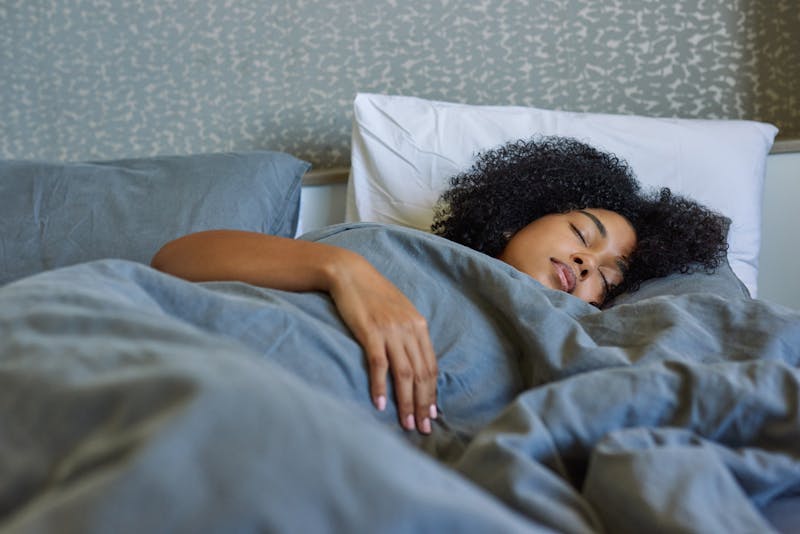
If you’re having difficulty sleeping, you’re definitely not alone. 50-70 million Americans have trouble sleeping well at night. If you’re tossing and turning at night, feeling exhausted all day, and missing the solid night of sleep you once had, you are probably wondering why.
The Most Common Reasons You’re Having Trouble Sleeping
Difficulty sleeping can happen because of a number of factors, including the following common reasons for trouble sleeping at night:
Constant Changes in Your Schedule
Travel, jet lag, working unusual shifts (late or early), and other changes in your schedule can impact your circadian rhythm. The circadian rhythm acts as an internal clock that guides your sleep-wake cycle. Too many changes to your schedule will disrupt your circadian rhythm, which can cause difficulty getting a good night of sleep.
Stress
If you’re stressed, your mind is generally active at night. This causes trouble sleeping. Stress about work, family, finances or other concerns can make it hard to sleep. Difficult or traumatic life events, such as a loss or divorce, can also have quite an impact on your ability to sleep.
Poor Sleep Habits
An irregular bedtime schedule, watching TV or being on your phone or computer before bed, stimulating activities such as exercise before bed, an uncomfortable sleeping space, and other bad sleeping habits lead to trouble sleeping well.
Eating Too Much Before Bed
Too much food before bedtime can cause discomfort or heartburn. A big, heavy meal before you lie down can result in a reflux of acid and food from the stomach back upward into the esophagus, keeping you awake.
Medications
Certain prescription drugs, including antidepressants, asthma medications, and blood pressure medications, interfere with sleep. Over-the-counter medications for pain, colds, weight loss, and others include stimulants that disrupt sleep.
Sleep Apnea
Sleep apnea is a condition that causes a person to stop breathing on and off throughout the night. This interrupts your sleep excessively, causing a lack of sleep and exhaustion.
Stimulants
Stimulants, such as caffeine, nicotine and alcohol, can interfere with a good night of sleep. Coffee, tea, cola, other caffeinated drinks, and tobacco or other nicotine products are stimulants that will keep you awake, especially if you consume them in the late afternoon or evening. While alcohol can help you fall asleep initially, it can cause you to wake up in the middle of the night or stop you from sleeping more deeply.
Age
Difficulty sleeping commonly happens as a natural part of the aging process. Sleep is less deep, allowing noises at night to disrupt you more easily. Changes in health that come with age and resultant aches and pains can also cause difficulty sleeping.
Texas ENT Helps To Provide Answers to Getting a Good Night of Rest
Whatever the reason you’re having difficulty sleeping, there are ways to help treat it and help you get seven or eight hours of sleep a night. Our Houston ENT specialists have more than 20 years of experience in a wide range of concerns, from sleep disorders to other physical complaints. We are dedicated to helping you get a good night of sleep again and improve your quality of life. Please call today to schedule a consultation at Texas ENT about how to resolve your sleeping difficulties.

